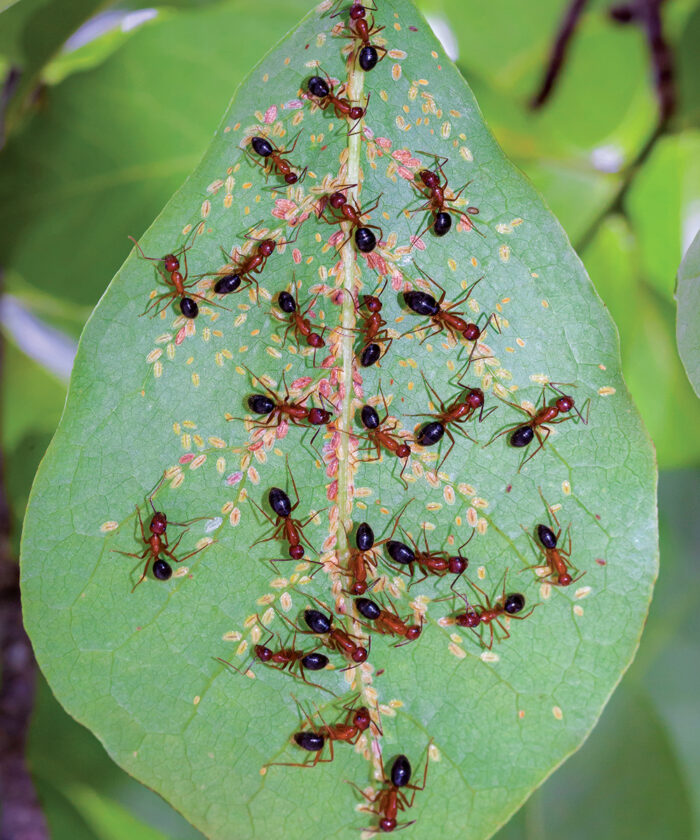
Most gardeners are familiar with the sugary excretion produced by some sap-feeding insects known as “honeydew.” Many might even know about the fascinating relationship between honeydew-producing aphids, mealybugs, or scale insects and the ants who protect them in a manner much like shepherds tending their flock.
But what exactly is insect honeydew? Honeydew is the excretion (waste product) of many insects in the true bug order Hemiptera, which includes not only aphids and mealybugs but also soft scales, felt/bark scales, psyllids, leafhoppers, planthoppers, and whiteflies. These insects feed by imbibing large quantities of plant sap, taking in far more sugars than necessary to gain the more vital nutrients needed. In doing so, they concentrate the plant sugars and convert them to a variety of different sugars, some of which are highly prized by other insects. It has been shown that four species of aphids feeding on the same plant each produces a unique mixture of complex sugars in its honeydew, and in vastly different quantities. The aphids producing the most-valuable sugars and the greatest amount of honeydew earn protection from their ant “shepherds,” who keep potential predators at bay.
But ants, which are generally beneficial in the garden as predators, can be problematic in their efforts to protect honeydew producers. Most predators do not survive solely on their prey, nor do parasitoids survive solely on their host insect. Rather, natural enemies very commonly supplement their diet with nutrients from pollen, seeds, nectar, and yes—honeydew! For example, most of the tiny Chalcid wasps, including the beneficial parasitoids of aphids and numerous other garden pests, thrive off that valuable, energy-rich honeydew. Some plant bugs even live among the colonies of aphids, feeding on both honeydew and aphids. Larger beneficial wasps and bees are readily seen collecting honeydew, and in such enormous quantities that the wild honey produced in some regions of the world (particularly Greece) consists mostly of honeydew from those prolific little sap-feeders.
How do you know when you have a problem?
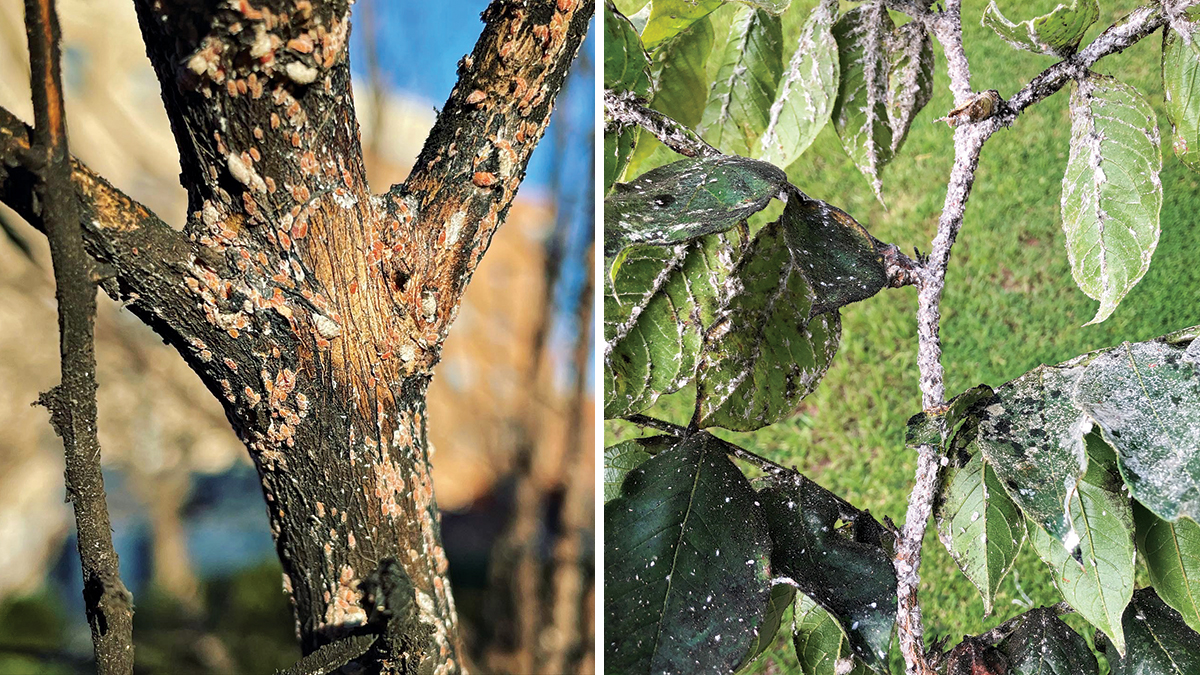
Use honeydew to your advantage! Many insect colonies can be difficult to spot, particularly when they are on the undersides of leaves or within the canopy. Sticky, shiny honeydew on leaf surfaces eventually leads to sooty mold, a black, powdery fungus that develops on honeydew. This tells you exactly where to search for the cause: Just look up from the falling honeydew. Once you find the cause, you can identify the insects and judge the situation. Next comes the challenging part. For the benefit of your garden and the larger environment, you must evaluate the honeydew-producing insects and decide what to do. This will likely involve gaining an accurate identification if you do not recognize the insect.
Because honeydew can serve a valuable role in the ecosystem of your garden, honeydew-producing insects are not necessarily problematic. If an outbreak occurs, meaning that the population is beyond natural control and plant health is deteriorating, then it might be time to address it.
What to do if you think you have a problem
It is difficult to overstate the beneficial role honeydew plays in supporting the kinds of insects you want to thrive in your landscape, which also help manage the honeydew-producing insects. Here are some guidelines in dealing with honeydew problems. Decide if you need to do anything. Ask questions to help you decide what to do. Is this an invasive pest with few natural enemies? Is it an important pest requiring immediate action? Will it significantly damage the plant, or is the plant healthy and mature enough to tolerate feeding? Is treatment more costly than the plant’s value? Is it a minor pest that will help support natural enemy populations?
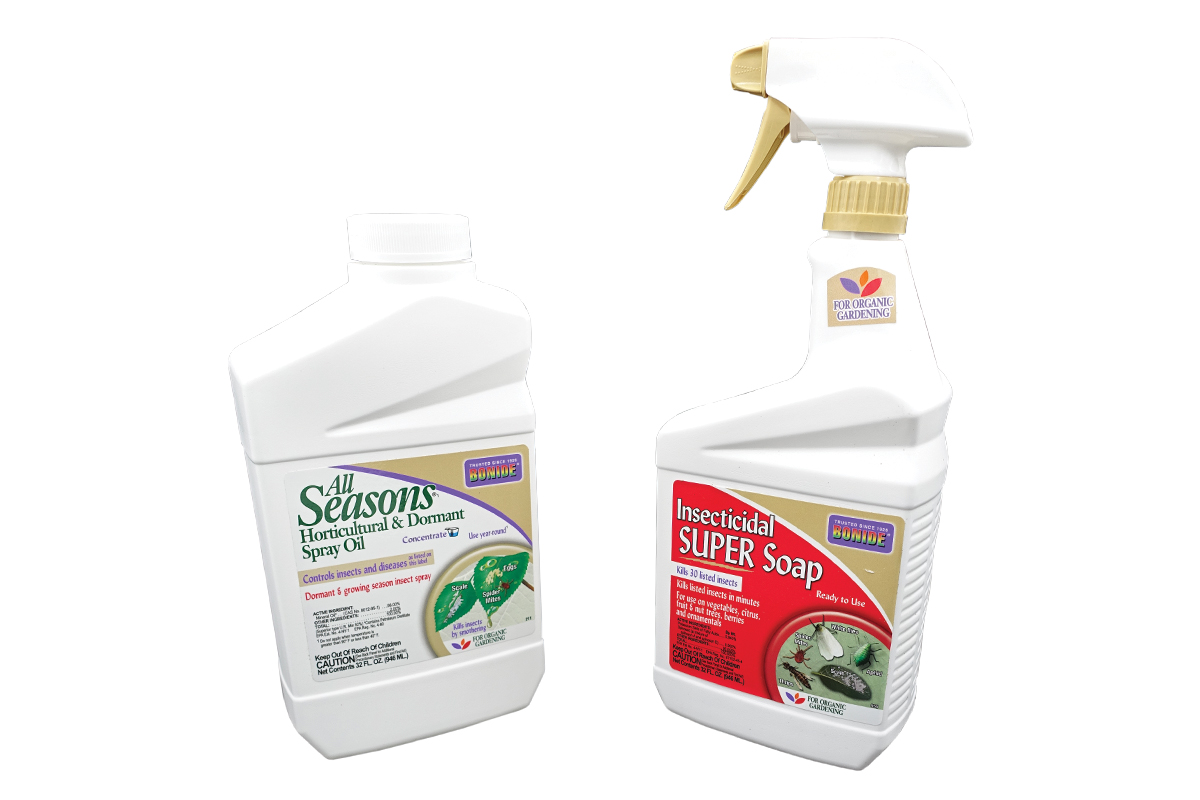
Try washing it off. Excessive honeydew can be washed off with water (warm water works better) and a soft cloth if necessary. Sooty mold will fade away once the honeydew supply ceases. Horticultural oil can cause sooty mold to dry and flake off the leaf sooner.
Don’t rush to spray. If you determine that insecticides are necessary, be aware of two critical risks. First, broad-spectrum, persistent insecticides can be devastating to natural enemies and exacerbate pest infestations in the long run. Second, small doses of systemic insecticides may be concentrated in honeydew as well, potentially harming the bees, wasps, and other insects even if the honeydew-producing insects are not immediately killed. In most cases, low-risk horticultural oils or insecticidal soaps are sufficient to reduce the pest to a more reasonable level. Remember that more is not always better. Consider your fertilizer use and soil fertility. Overfertilizing is rampant in home landscapes, but environmental pollution is not the only result. Abundant nutrients may appear beneficial when you see the plant producing rapid, succulent growth; however, an overabundance of nutrients, particularly nitrogen, also benefits insects feeding on the plant and may contribute to outbreak conditions as the population of herbivores rises out of balance with natural enemies.
Matthew Borden, DPM, is a plant health consultant specializing in diagnostics and integrated management of landscape plant pests and diseases.






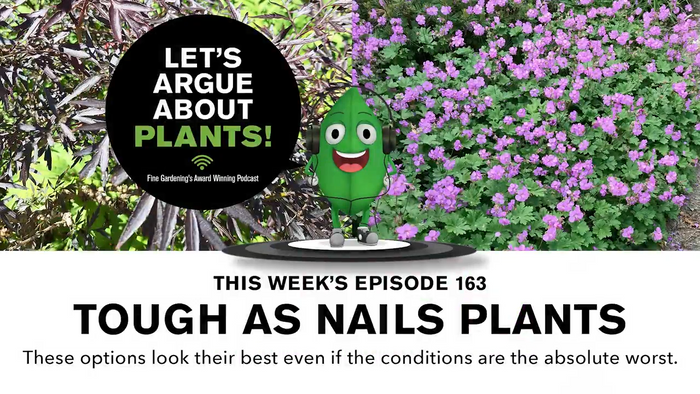
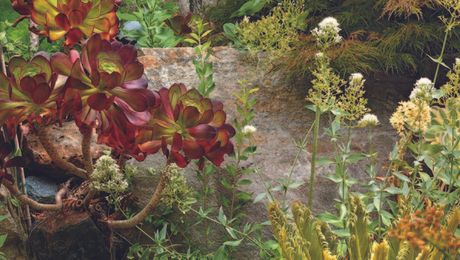
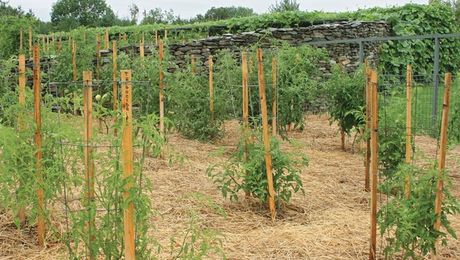









Comments
Log in or create an account to post a comment.
Sign up Log in